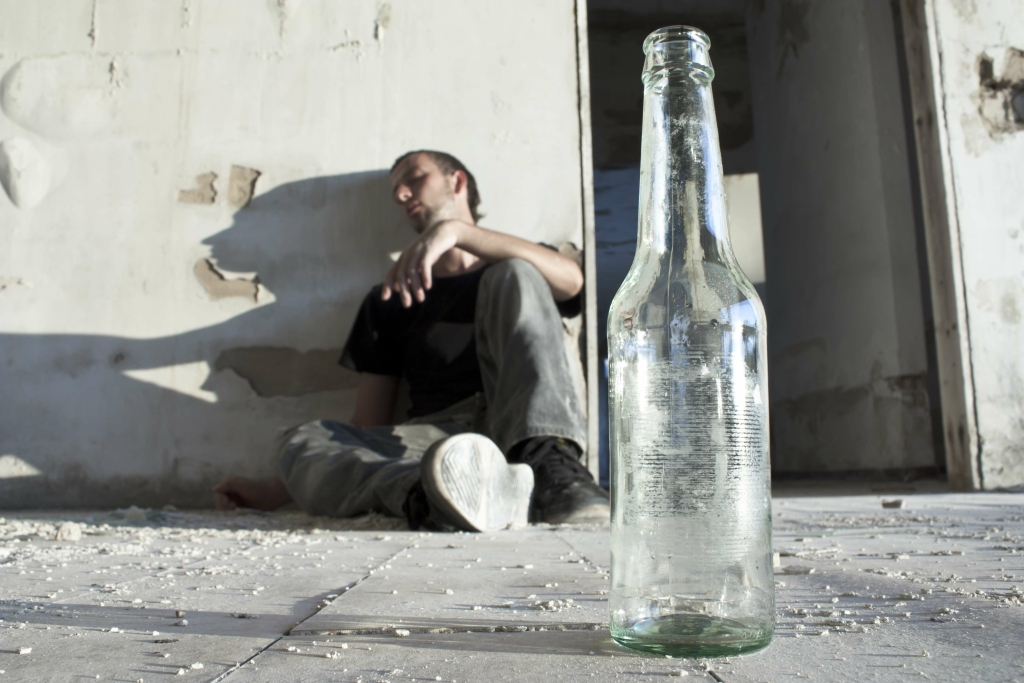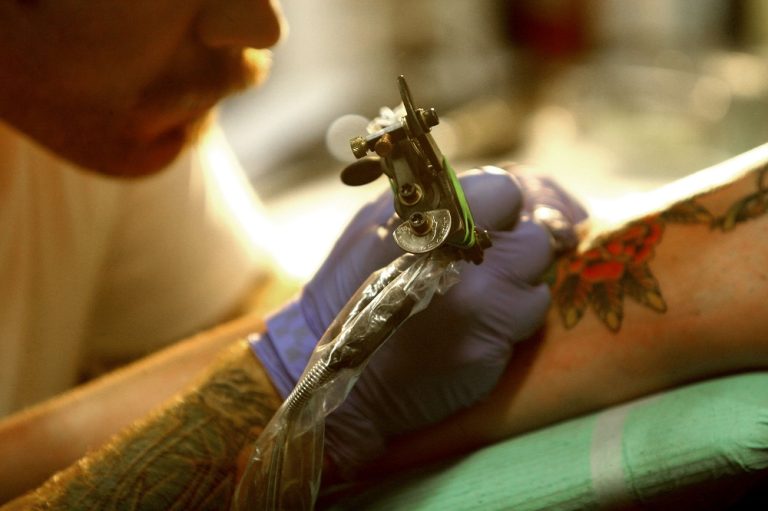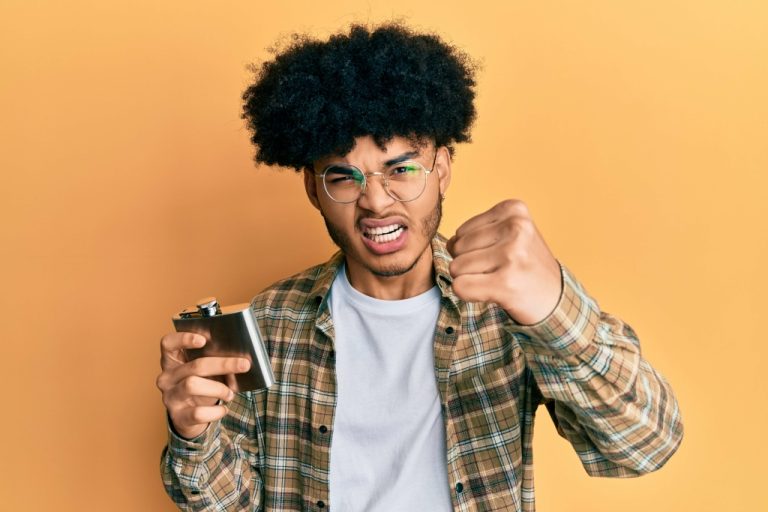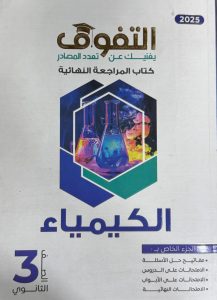This pattern can make it challenging to break free from using alcohol as a coping mechanism. Risk factors for developing AUD include genetics, environment, and mental health conditions. Co-occurring disorders are common, with many individuals experiencing both AUD and other mental health issues like depression or anxiety. Studies show a high prevalence of anxiety among alcohol-dependent individuals. This relationship creates a cycle where anxiety fuels drinking, and drinking exacerbates anxiety, potentially leading to both alcohol use disorder and worsening anxiety symptoms.

Alcohol Withdrawal and Anxiety
The physiological changes that alcohol triggers in your body can result in symptoms that are like a panic attack. When the body feels physical stress it also tends to feel mental stress because the physical symptoms are interpreted by the brain as stress and worry. Alcohol-induced panic attacks are scary and you might feel like cutting down on your drinking. If the alcohol panic attack is hangover related, that is a warning sign as well.
Introduction to Anxiety Caused by Hypothyroidism

An increased heart rate, thirst, dizziness, and irritability are all physiological signs. Drinking alcohol can easily cause a panic attack in someone who already suffers from anxiety by activating these symptoms. When you drink alcohol, your serotonin levels rise and then fall, exactly like your GABA levels. Because chronic alcohol use reduces the normal amounts of these neurotransmitters, withdrawal symptoms (such as panic and anxiety) are more severe.

Alcohol makes you more susceptible to panic attacks.
- Generalized anxiety disorder involves chronic, exaggerated worry about everyday life.
- Before we proceed, let’s establish what panic attacks even are and how they are related to anxiety.
- The highest standards of clinical care in state-of-the-art facilities, with Consultant-led treatment, spotlessly clean rooms, and a team of dedicated and experienced nurses.
- Whether you think you have a problem or not, learning more about why you’re feeling this way and your triggers can help improve your overall condition and make you a more confident, happier person.
- GABA neurotransmitters are the primary inhibitors in your central nervous system.
What’s more, many people use alcohol as a way to self-medicate mental health conditions, like social anxiety, generalized anxiety disorder, post-traumatic stress disorder (PTSD), and depression. In the simplest terms, you get anxiety after drinking because of the effects alcohol has on your brain’s chemical levels and neurobiological processes. Anxious feelings after drinking are often attributed to the physiological experience of alcohol withdrawal. A racing heart is one of the most distressing concerns among people who alcoholism symptoms have panic attacks. A person’s resting heart rate may increase substantially during a wave of anxiety. For example, a normal resting heart rate of 70 beats per minute (bpm) might increase to 120 bpms.
In this case, alcohol can be especially harmful, potentially triggering and exacerbating panic attacks. While for some people the occasional drink is not harmful, others find that a single sip of alcohol is enough to significantly worsen their anxiety. When your body is thrown off balance, it works hard to get back on track. Your body may struggle to achieve homeostasis if you’re perimenopausal or menopausal. This means that your body may overcompensate in order to achieve homeostasis, resulting in hot flashes and nocturnal sweats.
Alcohol Detoxification
These effects are particularly visible the day after drinking when the hangover begins to set in. As the sedative effect of alcohol wears off, you may experience a spike of anxiety or panic as your body begins to withdraw from the substance. As well as being an unhealthy coping mechanism, cases of alcohol-induced panic attacks prove that alcohol can actually be the cause of anxiety and panic rather than https://qpxanh.com.vn/mens-sober-living-in-dorchester-ma-structured-2/ the cure.
Melody is here to help as you adjust to a life with less (or no) alcohol. You’ll meet hundreds of fellow Reframers in our 24/7 Forum chat and daily Zoom check-in meetings. Receive encouragement from people worldwide who know exactly what you’re going through!
- He had had almost no withdrawal symptoms except a feeling of dizziness that continued for 1 week.
- If you are concerned that you are experiencing panic attacks as a result of your alcohol consumption, it is recommended that you cut down or completely stop drinking.
- If you’re worried about having a panic attack after drinking, the best strategy is to abstain.
- After your night out, make sure to give your body ample time to rest and recover.
Alcohol not only contributes to anxiety but rewires the part of the brain responsible for coping with fear. Because of this, a person will hold on to fear-inducing associations longer and will have a harder time recovering from trauma. Do you ever become nervous or worried after a night of drinking? Are you constantly replaying what you said and did the night before, afraid of humiliating yourself or offending someone? So, what can be done to treat this kind of anxiety, or ‘hangxiety’ to be more precise.
How Long Do Panic Attacks Last?
Treatment can be done in a hospital or at home, depending on your needs, and may include detox to start the process. Alcohol lowers inhibitions, leading to actions or words you may regret, causing overthinking and anxiety the next day. Alcohol depletes drunk panic attack key nutrients like folic acid, which may contribute to mood swings and anxiety.
Staying hydrated can help you avoid both a hangover and hangxiety, as dehydration has been connected to anxiety and other mood changes. If you’re frequently getting panic attacks after consuming alcohol, it’s important to take a step back and look at your drinking. If you’ve been unable to stop, despite the regular panic attacks that alcohol has caused, it’s recommended that you seek professional help to deal with the issue. The combination can lead to an increased risk of panic attacks and crippling anxiety. The combined effect of all of this can lead to some serious anxiety symptoms later in the night or the day after drinking.












